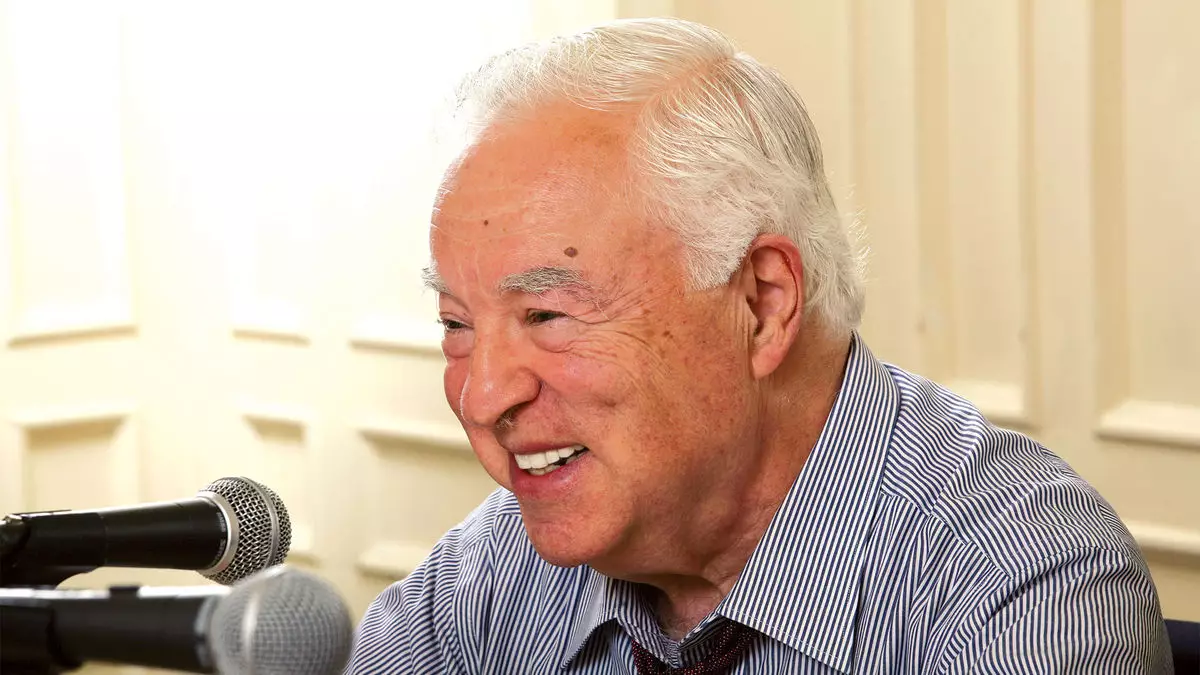Arthur Frommer, a name synonymous with travel information and guidance, left an indelible mark on the travel media landscape before his passing on November 18, 2023, at the age of 95, due to pneumonia complications. His authoritative voice in travel literature and media has shaped the ways millions of tourists navigate the world. Over a span of nearly seven decades, Frommer’s guidebooks catapulted him to a position of influence that few could rival, with more than 75 million copies sold worldwide since their inception in the mid-1950s. His journey from a soldier in Europe to a titan of travel media is an inspiring tale of creativity, resilience, and entrepreneurial spirit.
Frommer’s travel saga began in a decidedly unconventional manner. While serving in the U.S. Army during the post-World War II era, Frommer, proficient in multiple languages—German, Russian, French, and Spanish—explored Europe extensively. His experiences prompted him to create “The G.I.’s Guide to Europe” in 1955, a self-published manual aimed at fellow soldiers eager to learn about European travel possibilities. This initial success was just the precursor to what would become his groundbreaking work, “Europe on $5 a Day,” published in 1957. This book not only captured the imaginations of budget travelers but also revolutionized how Americans perceived travel affordability, opening up the world for hordes of middle-class adventurers.
Interestingly, Frommer was not just a travel writer but also a trained lawyer, having received his law degree from Yale University. Prior to his establishment in travel literature, he was a noted attorney, engaging in significant legal battles, including the defense of D.H. Lawrence’s controversial novel “Lady Chatterley’s Lover.” His legal career showcased his aptitude for contentious debate and negotiation, skills that would later serve him well in the competitive world of publishing. However, once “Europe on $5 a Day” became widely popular, Frommer opted to transition into travel writing full-time, a decision that would define his legacy.
Frommer’s ventures did not stop at writing; he successfully expanded his influence into various facets of the travel industry. In 1962, he launched the “$5-A-Day Tours,” which brought travelers to iconic cities including London, New York, and Rio de Janeiro. The tours, remarkable for their emphasis on immersive experiences, featured unique opportunities for travelers to engage with local cultures—an innovative concept at the time. Frommer’s vision continued to flourish as he diversified into hotel ownership, establishing accommodations inspired by his guiding principles of affordability and accessibility.
However, his journey was not without challenges. The airline deregulation of the late 1970s dealt a heavy blow to his tour operations. Facing financial difficulties, Frommer licensed his beloved guidebooks to Simon & Schuster to stabilize operations. This pivotal moment highlighted the transitions and turmoil that can accompany entrepreneurial aspirations.
In addition to his writing and tour enterprises, Frommer was among the pioneers of travel-oriented television and radio shows. He hosted one of the first travel shows on the Travel Channel and contributed weekly travel advice columns to newspapers around the globe. His radio program, which aired for over 20 years, showcased his congenial personality and expertise, reaching audiences eager for insights on travel.
Frommer’s ability to adapt to changing media landscapes underscored his deep understanding of audience needs, a key factor that kept him relevant for decades. His daughter, Pauline, later joined him in these endeavors, ensuring that the Frommer legacy would continue to evolve and reach new generations of travelers.
Despite the various transitions that his brand underwent—including a brief ownership by tech giant Google—Frommer’s vision remained intact. In 2019, he and Pauline founded Frommer Media, allowing them continued involvement in the world of travel guidance. Frommer’s approach to travel literature, which encouraged exploration and authentic experiences, has influenced countless travelers and writers alike.
Originally from a modest background, he rose to become a symbol of accessible travel. Survived by his wife and children, his passing marks the end of an era in travel literature. Nonetheless, his legacy continues to inspire those who seek guidance in navigating the globe, proving that the journey of exploration knows no bounds.
As services were held on November 21 in New York City, friends, family, and fans of his writing bid farewell to a visionary who changed the way we encounter and experience the world around us.

